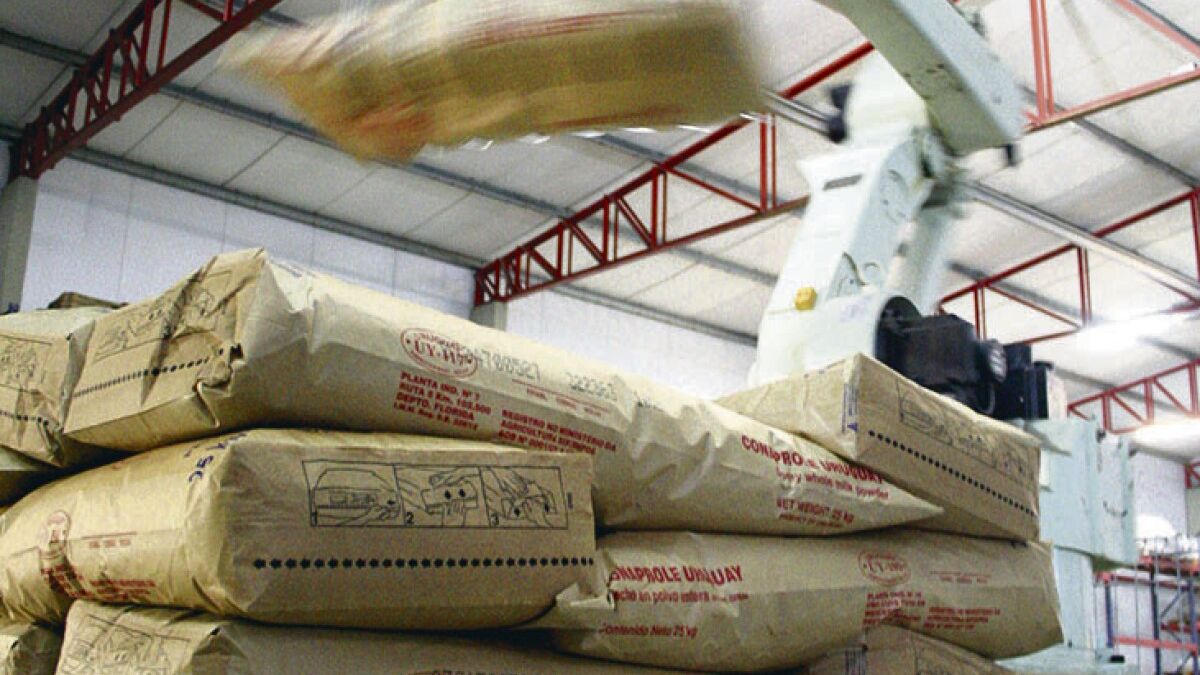The Uruguayan exports they are pointing to Africa looking to expand your whole milk powder market, you go beyond the Algeria and look for other countries like Egypt and Libya, in the midst of low demand from China and the problems in getting Uruguayan products into Brazil.
Algeria is positioned as the second market for whole milk powder in the world. Uruguay, while Egypt and Libya are also part of the country’s market. However, the African continent is expected to have a deficit in dairy production, so it will have to import a significant portion for consumption.
According to him United States Department of Agriculture (USDA), Algeria will increase imports of whole milk powder by 5% – about 440 thousand tons – which would remain the same next year. Meanwhile, so far this month, Uruguay placed 6,540 tons of the product in African countries, 47% of the total shipped in the period.
Bad forecasts with China
According to a USDA report, where it published its predictions for next year, it projects a drop in powdered milk imports entire during 2024. The report GAIN Dairy and Products Annual, presented by the UDSA last week, establishes that they will be the chinese imports lowest since seven years.
According to the report, the consumption It has been declining as consumers seek additional benefits for their health. However, they established that in 2024 the trend would continue due to an increase in the consumption of whole milk powder in the bakery sector.
As for the stocks of whole milk powder, It is expected to decrease this second half of the year, although it is estimated that they will be higher than those at the end of 2022. Meanwhile, the first half of this year was marked by an increase in production and with this, a jump in product stocks. .
A bad time for the dairy sector
He milk sector of Uruguay is going through a difficult moment that, it seems, could be complicated by Exports are falling at a general levelparticularly with China, whose prices do not rise even after a certain economic reactivation following the impact suffered by health policies around Covid-19.
This is also observed in terms of milk exports from Uruguay to the Asian country, which were 246,922 tons in August compared to 276,912 tons in the same month in 2022, as reported by Blasina y Asociados. Which represents a drop of 11% in terms of volume placed. Considering the value of the products, the drop was 20%.
By products, those with greater volume, such as powdered milk, fluids and whey, fell; while those of lesser relative importance showed increases.
Meanwhile, the federal government of Brazil decreed a tax measure seeking to try to stop the milk imports from Mercosur countriesbased on the modification of the tax benefits enjoyed by dairy importing establishments, originally created to encourage internal competitiveness.
Source: Ambito




